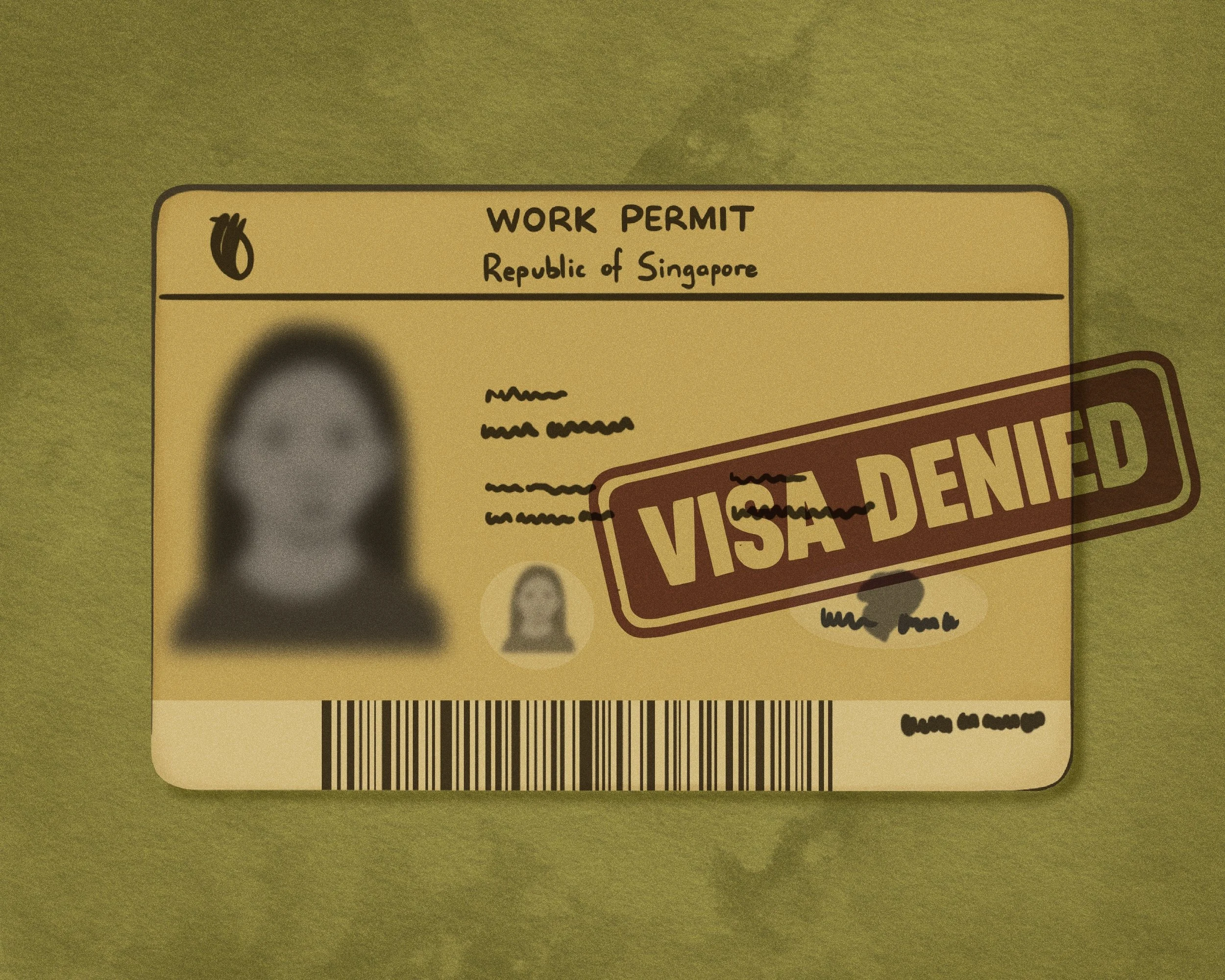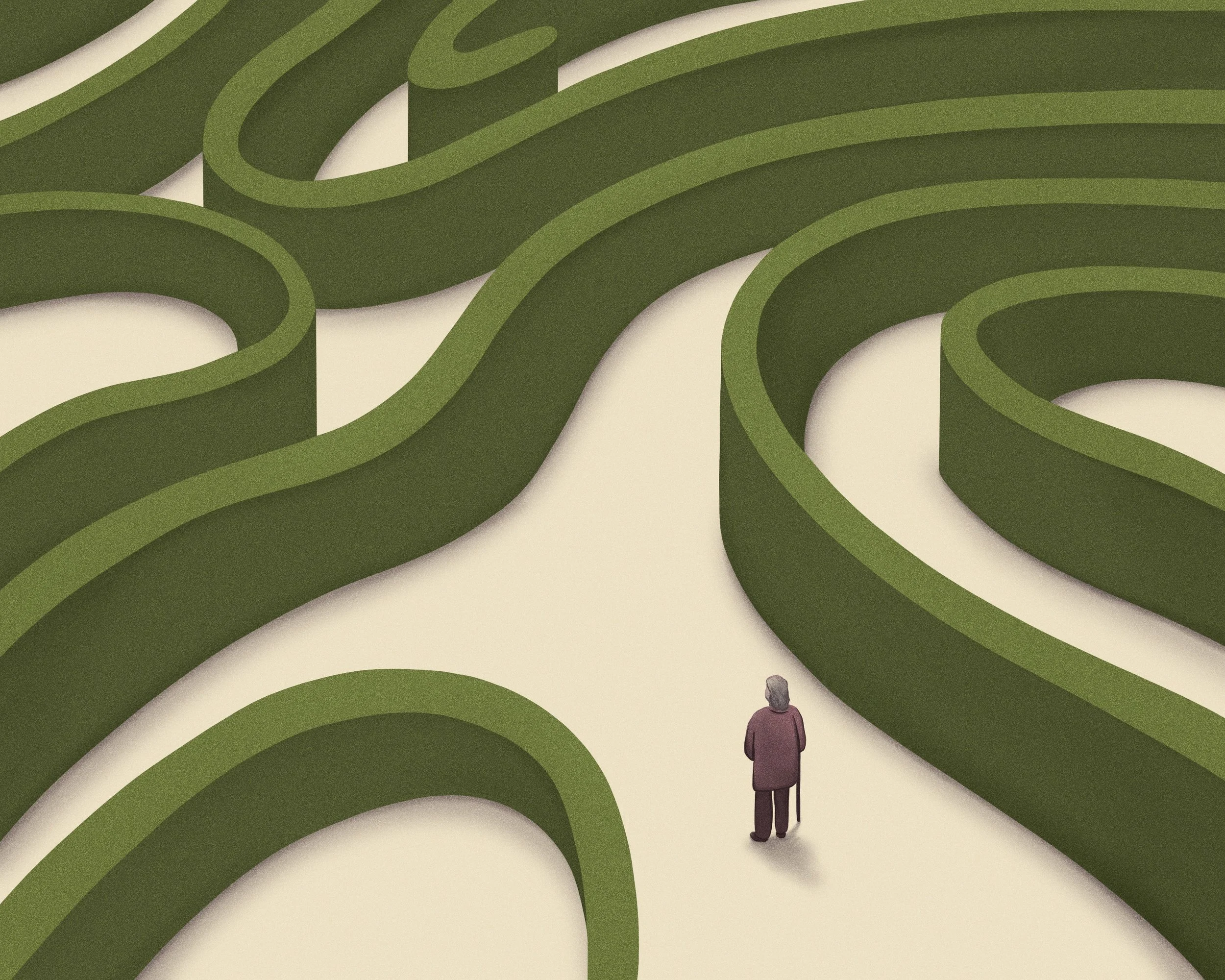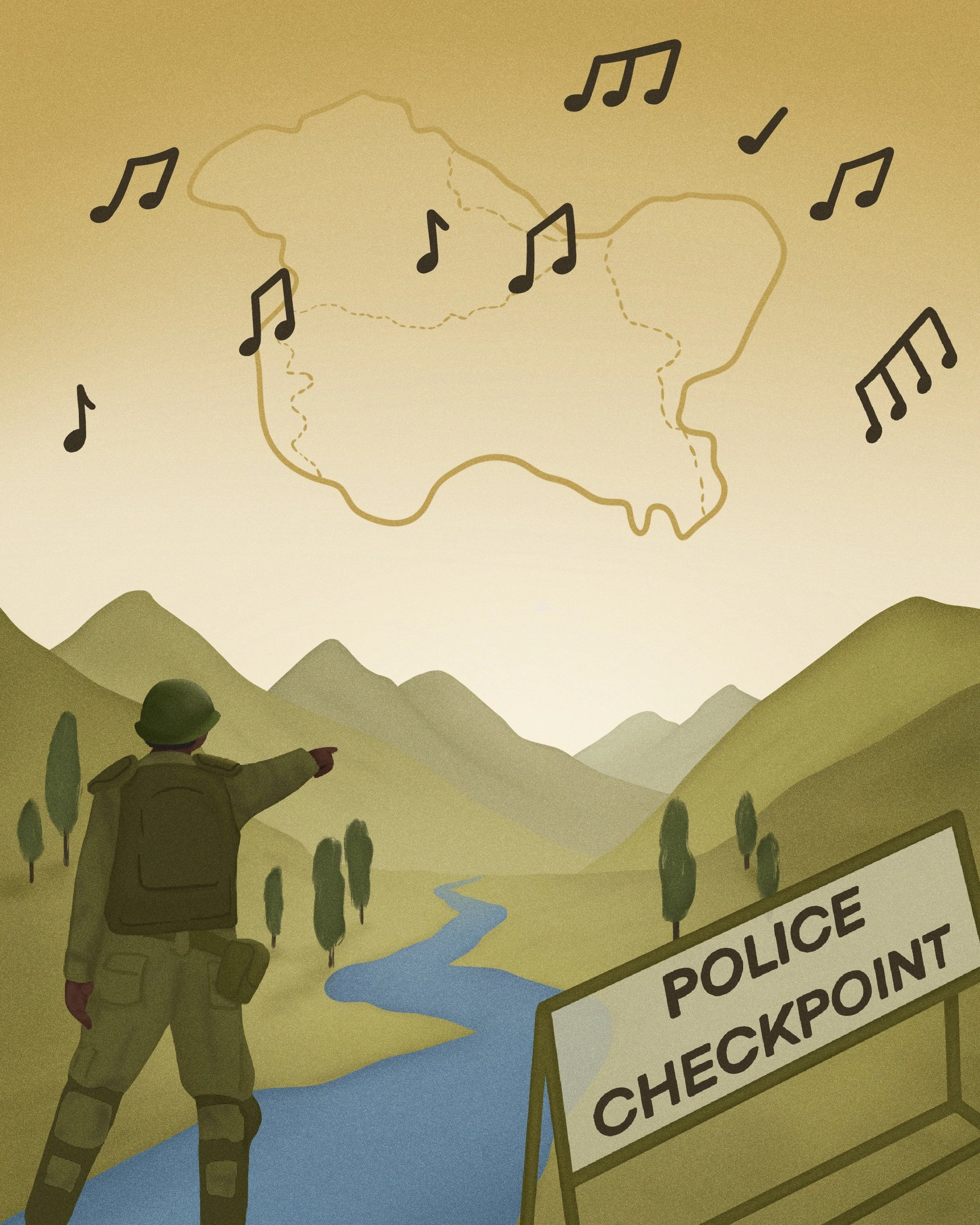Human Rights Essay Prize 2025
Editorial #16
There are two questions we have been thinking about lately—what are we to do in a world such as ours? And why does writing matter? The answer to both of those questions connects them. It binds them in a bond of family relation, uniting them. We, as essayists, memoirists, and witnesses, are here to write the future so that the present can be remade.
-
The Blind Side
SABIA RASOOL
Solidarity begins with choosing to look, especially when it's easier not to. It means speaking of us in rooms we’re not allowed to enter. It means not just consuming our stories, but carrying them forward. Read our banned books. Translate our songs.
-
Daughters of Silence
RACHEL DESIREE FELIX
When daughters are taught by women who were never allowed to speak, the silence can feel like a gift. A way to keep peace. A way to stay loved. But silence passed down becomes a doctrine—one that punishes the voice before it ever rises.
-
The Future Won't Be Lonely
ALIFYA MAHESWARI
Almost all queer people can testify to this: there is something uniquely devastating about queer loneliness. It’s often accompanied by shame that presses on your chest, so hard it could bruise; a purple stain that stays with you for years, difficult to shake off.
-
Swimming Away from Marriage and Other Arrangements
AMRITHA MOHAN
When you’ve grown up swimming in the same ocean, with the same octopus, it could almost feel like a pretty aquarium. But therein lies its inky mystification, where you delude yourself into thinking you are safe swimming beside it.
-
Six Women—Decolonising Reproductive Healthcare in Australia and Beyond
ASHNA HEDGE
These women, separated by oceans, united by dispossession, are threads in the same story. A long story that reminds me that reproductive healthcare is never just clinical. It is cultural. It is personal. It is political.
-
Go Tell It to White People
CHIBUEZE DARLINGTON ANUONYE
What is troubling about racism, the subtle, gentler ones that constitute my experience in America, is that despite its pervasiveness, we don’t know how deeply involved we are in it, whether we’re its victims or perpetrators, or both.
-
No Pride in Humanitarianism
CLARE BROWN
I had expected my new job to be a steep learning curve. What I was not prepared for, was that it would awaken a deep, frustrated rage inside of me.
-
The Circumstances in Which They Come
PATRICK HANNAN
The only numbers the Australian government really cared about were the number of unauthorised boat arrivals, or to be more specific, the number of boats themselves, rather than the number of human beings on them.
-
The Invisible Subject
SCHEREZADE SIOBHAN
The first time I saw a woman chained to a bed, I was perhaps nine. My parents’ parting had left my small body adrift in a sea of adult sorrow. I was struggling to keep my head afloat after their bitter separation volleyed me between countries like a tennis ball in a prolonged, energy-depleted game.
-

Migration and the Traps of Legality
YOGA PRASETYO
It is true that without legal documents, migrant workers would be at much greater risk of extortion, forced labour, arrest, and deportation. Yet reducing the idea of safety to a matter of legal documentation deflects our attention away from the kinds of danger that are inherent in the very legal system by which migration itself is managed.
-

No End in Wandering Mazes
SUSAN FRANCIS
Towards the end, drowning in a froth of oblivion, my mother no longer recognises family, cannot communicate, does not even seem to remember that she is human.


